It can be difficult choosing from countless packets of seeds on display online or at your local nursery. Here are some pointers…
Type
If you’re looking for quick pops of colour for one season, then you should opt for annuals. If you have more patience and are happy to watch a plant develop over time (and even only flower in its second year maybe), then you’re looking at perennials. Also make sure that you buy seed for plants that are well-adapted to your area. The back of each seed packet generally has a map showing the approximate planting dates for various areas of the country. Don’t just choose seeds based on the pretty picture on the front of the packet. Consider how much space you have to grow them, how much sun your garden receives and how much time you have to care for them, especially if they’re high maintenance. If you’re shopping for vegetable seeds, buy only what your family will eat. Don’t take up valuable garden space with crops you won’t use. If it’s your first year gardening, choose varieties that are known to be easier to grow. Remember, you can always add a few things to the garden as the season goes on, or try something new as you begin to feel more confident in your ‘green fingers’.
Quantity
When buying seeds, try to limit yourself to what you think you’ll actually use. It’s so easy to ‘over-buy’ and end up with more than you need. Most packets come with enough seed to last you for several seasons (usually two to three). A small packet containing 25-150 seeds (depending on seed size) is a great way to test out a variety. Bulbs and live plants are usually priced and sold per plant. Fast-growing vegetables, such as lettuce, radish, spinach and beans, can be planted several times throughout spring and summer, so be sure to buy enough seeds to enjoy a continuous harvest of these. Also take into account that not every seed you plant is going to germinate. It stands to reason too that if you’re a window-box gardener, you won’t need the same amount as a more prolific grower.
Quality
How do you know which seed company to go with? Well, you often get what you pay for, so start with more reliable varieties and then you can experiment with more interesting types later. More ‘economical’ seed packets often have lower germination rates, your mid-range varieties fair better and your high-end seeds yield the best results because the companies invest in testing and good practices (such as checking and counting seeds by hand to make sure you get only the best quality), plus they are more specialised in their plant knowledge.
More hints and tips
• Keep a planting journal to jot down when seeds are sown, their germination date and how successfully they grow. What went right and what went wrong? This will all help you going forward.
• Flowers with extremely small seeds are often easier to get started in pots, while large-seeded species usually pop up perfectly, right from the ground.
• In terms of storing seeds, a cool, dark location with low humidity is best. Label them (name, source and year) and store them in an airtight container. Many seed types will remain viable for several years stored this way. Before planting old seed, do a germination test by sprinkling a few seeds on a moist sheet of paper towel. If less than half sprout, it’s time for new seed.
• When shopping for seeds, look for disease-resistant varieties (ask your local garden expert) – especially if you’ve had problems in your garden before.
• For more advice and to buy seeds online, visit the following local sites:
Mayford.co.za
Livingseeds.co.za
Seedsforafrica.co.za
Silverhillseeds.co.za
Organicseed.co.za
Lifestyleseeds.co.za
Hazera.co.za


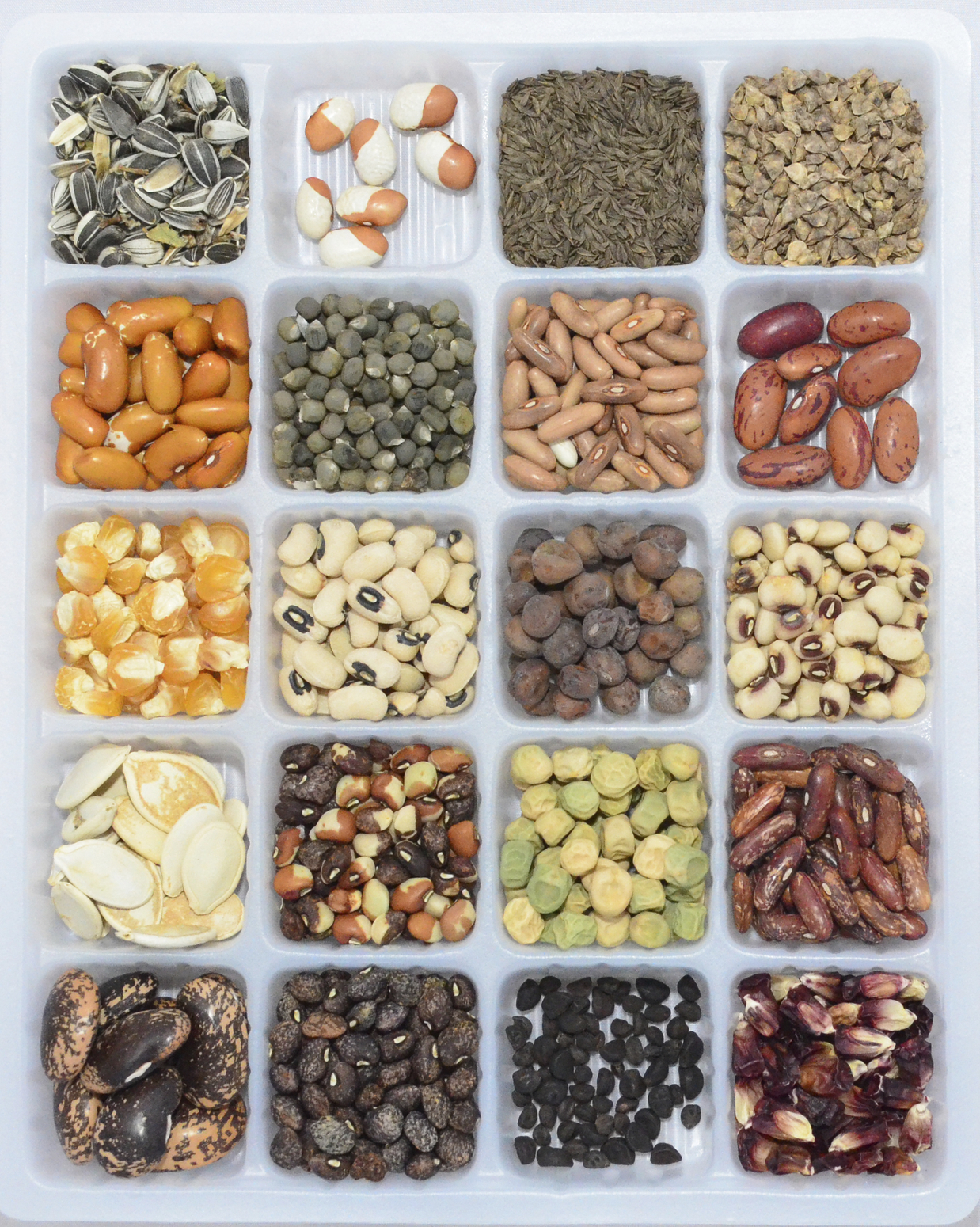

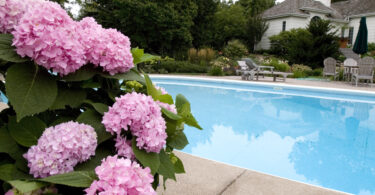
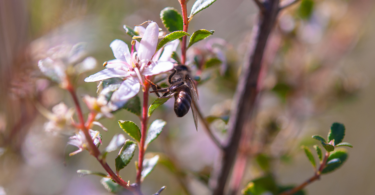
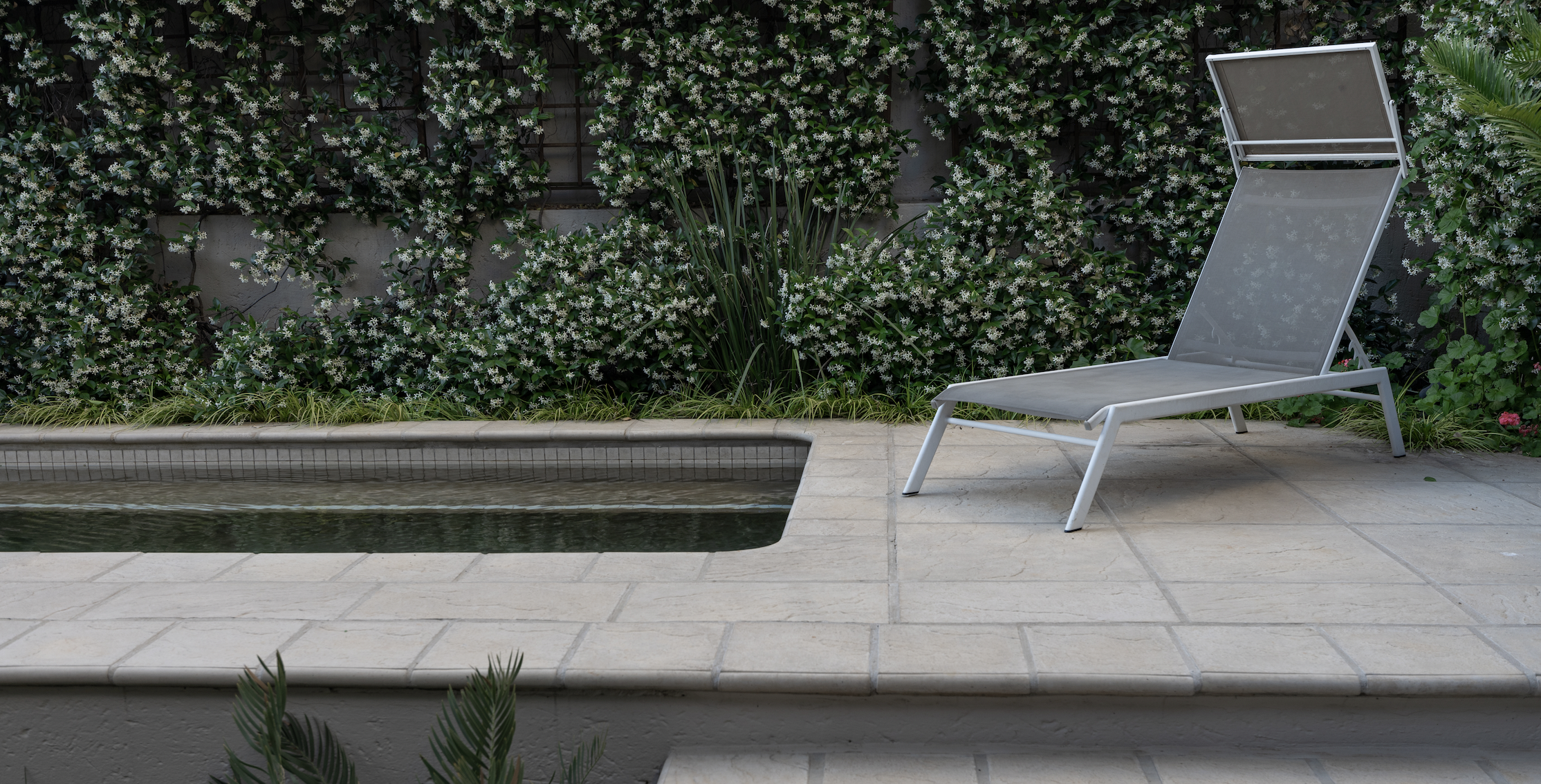

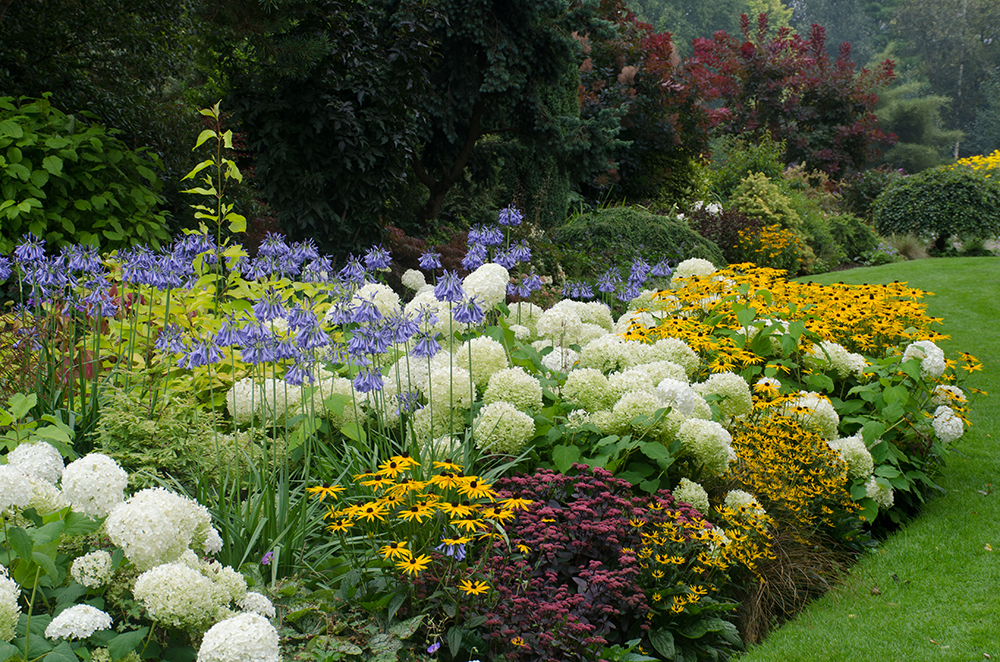
Leave a Comment